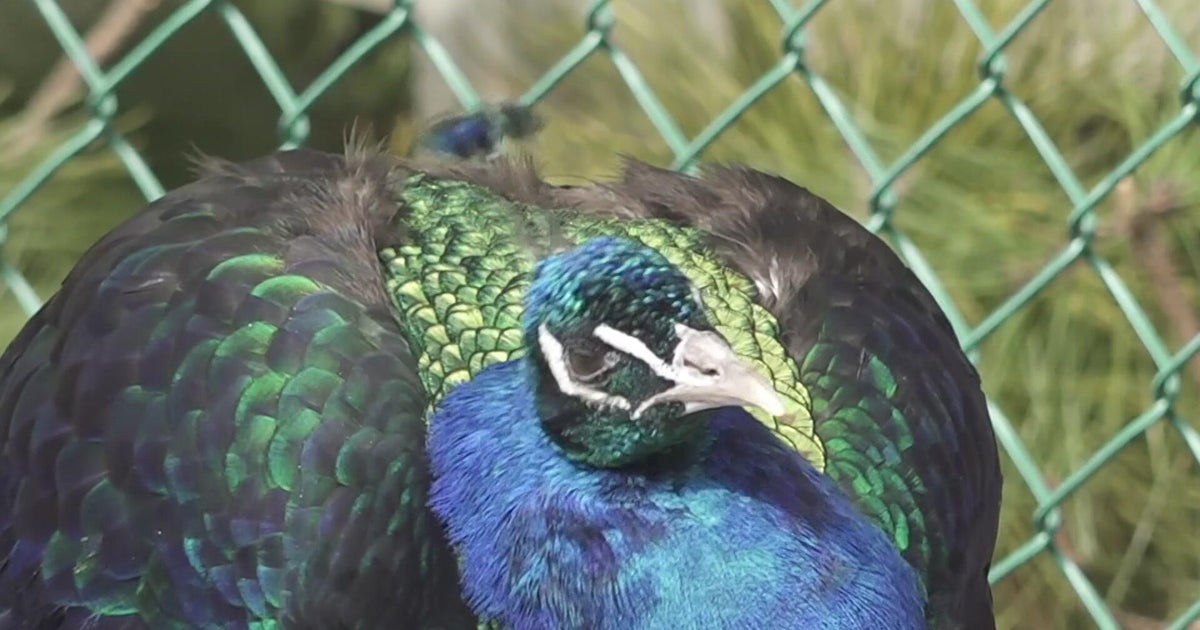Spotted lanternflies have returned to the Delaware Valley
PHILADELPHIA (CBS) -- With the mild winter, experts are warning lantern flies eggs may hatch earlier this spring. The invasive species from Asia preys on more than 70 different types of trees.
"The biggest issues with invasive is that they have no natural predators," Jason Parker, from the Davey Tree Expert Company, said.
The spotted lanternfly has once again been "spotted" in the Delaware valley. Parker is an arborist from Davey Tree Expert Company in Horsham.
Lanternflies suck the chlorophyll out of trees, weakening their branches and limbs and are especially threatening to crops, including grapes, apples and blueberries.
"They're going to start to crack and break open and again then they're susceptible to those secondary pests," Parker said.
Right now, lanternfly eggs laid last fall are nested on the bark of trees. You can see them in these white spots up and down this maple.
"It's whitish gray cracked slightly raised," Parker said.
While these eggs are still about two to four weeks away from hatching unfortunately there's really not much you can do until that happens.
"The effectiveness of doing any oil treatment, which is the only thing they've really tested on eggs is not there it's not viable you're wasting your money," Parker said.
Instead, Parker says wait until the flies mature to start killing them, either by stomping on them one by one, or using a dish soap and water spray to suffocate them something you can spray directly onto a tree.
"It's a couple teaspoons of dish soap in a spray bottle of water it's going to be plenty to kill them," Parker said.
The first U.S. sighting of the lanternfly was actually in Berks County, Pennsylvania back in 2014. Since then, it's spread to 14 states, including New Jersey and Delaware.
"I think we're going to be in all 50 states pretty soon," Parker said.
For now, Parker says do your part, noting every one gone matters in the long run.
"Monitor trees on your property that you think might be host species get a management plan in place," Parker said.
"Every lantern fly lays 30-50 eggs that's 30-50 less that are coming next year," he added.









